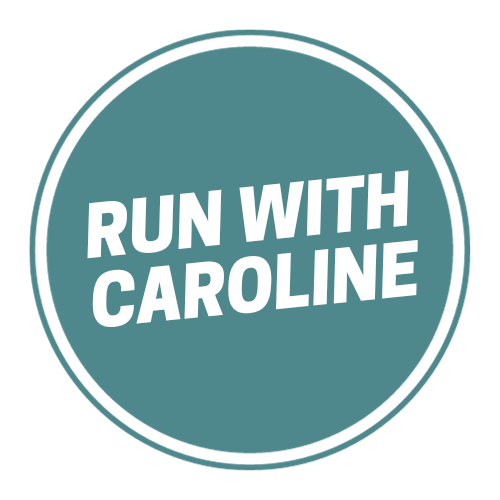Running is one of the most popular sports in the world.
When it comes to knowing how to run properly, however, many runners remain baffled.
This is why books about running come in handy as they tell you all you need to know in order to run faster, stronger and for longer.
So if you’re looking to learn more about the science of running, look no further than this guide!
From proper running form and injury prevention to the importance of strength training and recovery – the books in this guide have got you covered!
If you’re looking for more uplifting books to inspire you to run, then check out my guide on 13 of the best running books to inspire you to run.
Ready?
Let’s take a look!

8 of the best books about running
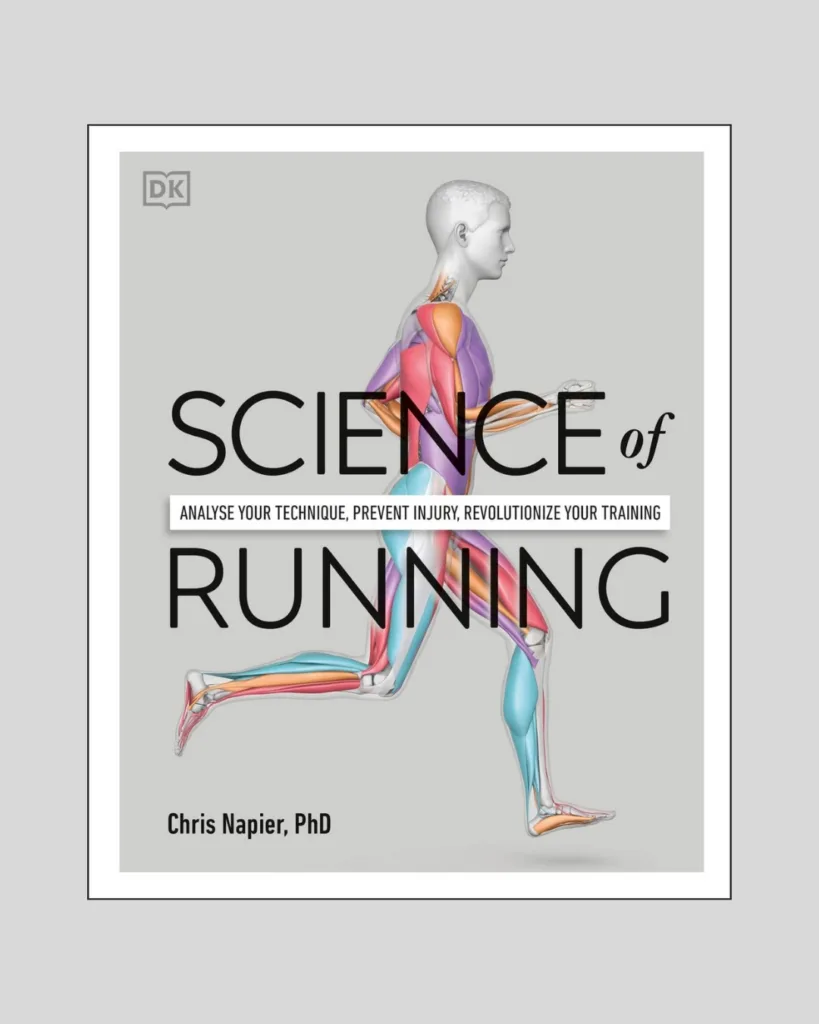
If you’re looking to learn how to run faster and avoid injury, the Science of Running will provide you with all the information you need to master the art of running.
Napier’s premise is that there is a science to running.
In the book he breaks down everything from the physiology of running to understanding the role of stretching and strength exercises in running.
Napier also provides a good selection of training plans for common distances – from 5k to marathon.
Refreshingly, he discusses some core training principles so you can even adjust the plan or design your own depending on your preferences.
An interesting and insightful read if you’re looking to take a deep dive into the mechanics of running.
Related: What is proper running form? 5 key principles of proper running form and technique
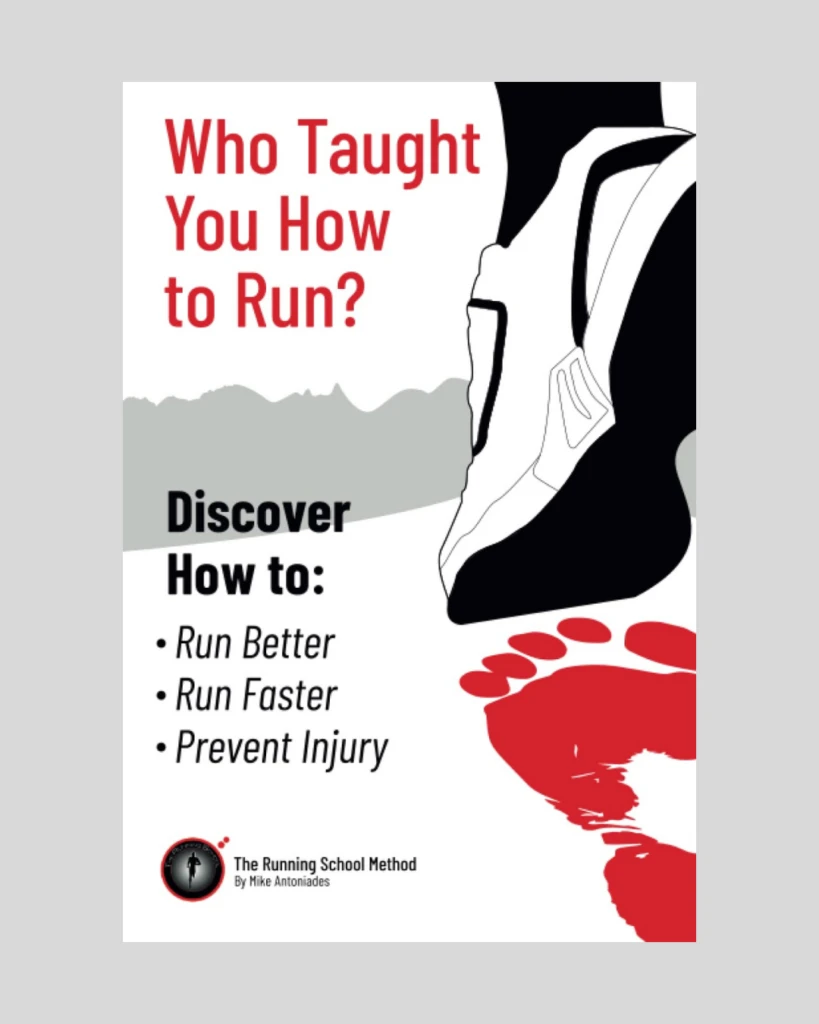
Who Taught You How To Run is based on the Running School Method which has helped thousands of runners run better, run faster and reduce injury.
The method is based on a running technique that has been used by elite runners and specialist coaches alike.
It is based on the principle that you have to be able to move efficiently to be able to run faster.
The author shares a powerful set of tools, exercises and training programmes that you can use to re-educate yourself on proper running technique.
One of the best books about running if you’re looking to improve your running form and performance.
Related: Running through the decades: What to expect in your 20s, 30s and 40s as a female runner
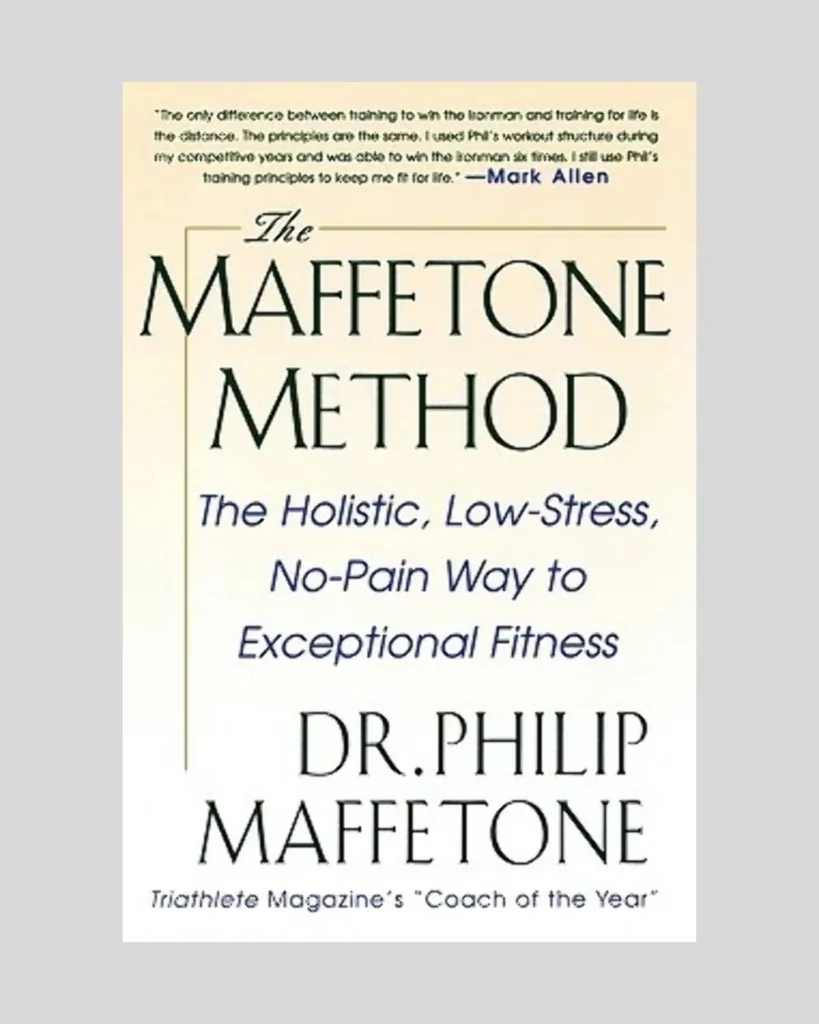
The Maffetone Method is a holistic, end-to-end method that combines aerobic fitness, proper nutrition and stress management.
These three forces are what, in Maffetone’s words, exert the most influence to achieving optimal health and fitness.
The essence of the book is that in order to go faster, you have to train to be more efficient and produce more power at sustainable levels.
In line with this thinking, Maffetone shares his 180 formula which is a form of heart rate training that enables you to find your ideal maximum aerobic heart rate in which to base all your aerobic training.
He argues that a good aerobic base is important for endurance athletes as it controls the body’s stress response and is linked to the anaerobic system.
If you rely too much on your anaerobic system, you’ll be more stressed, and therefore more likely to overtrain or become injured.
An interesting take on training smarter, not harder.
Related: 7 essential running form drills for beginners to improve speed and endurance
#4 Hansons Marathon Method: Run Your Fastest Marathon the Hansons Way by Luke Humphrey and Kevin Hanson
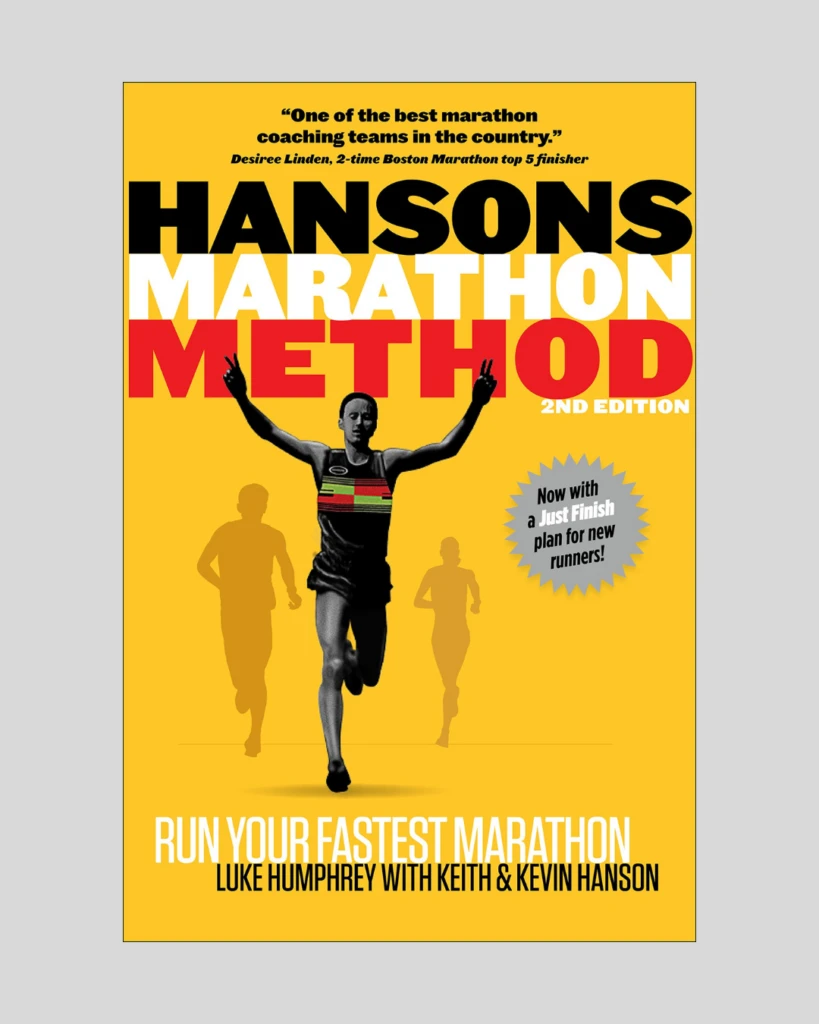
Thinking about running your first marathon or looking to run a faster marathon?
Then the Hansons Marathon Method will provide you with an innovative training method to help you achieve your next marathon PB.
The premise of the book is that gruelling extra long runs and high mileage weekends are outdated and don’t lead to marathon success.
The authors argue that the key is to focus on building up your mileage gradually.
By spreading those miles sensibly throughout the week, as well as intermixing easy runs with speed, strength and tempo workouts, you will achieve marathon success more effectively.
Although these concepts are not revolutionary, Humphrey and Hanson provide content that is easy to read and understand which is really important to demystify marathon training.
The plan in the book does get you running 6 days a week, on average 50 to 60 miles a week.
This is a mixture of long runs, easy runs and speed runs (tempo runs and interval training).
So if you’re planning on running a marathon, this may be the training programme you need.
Related: 7 of the best running workouts to build endurance, strength and speed
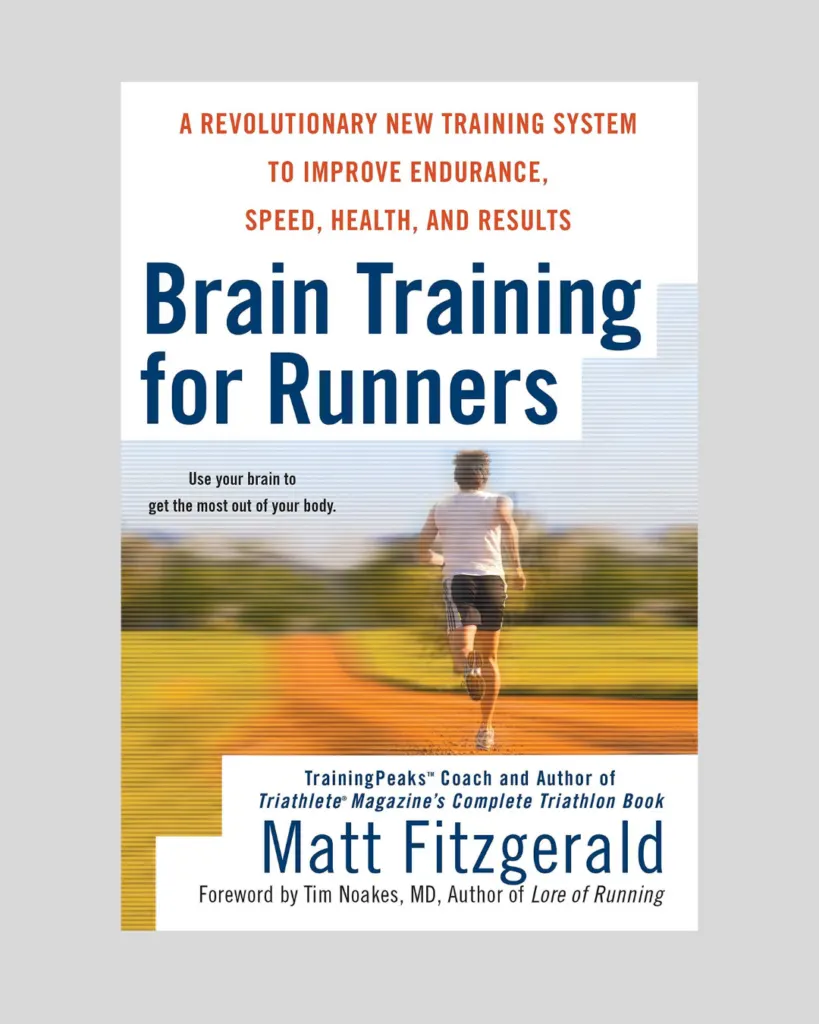
The mental side of running is often neglected, but it’s so incredibly important when it comes to running success.
In Brain Training for Runners, Fitzgerald introduces a new training strategy that helps you learn how to maximise your running performance by supplying your brain with the right feedback.
Fitzgerald covers his 8-point brain training system.
This helps you to resist running fatigue, use cross training as brain training, master the art of pacing, learn to run ‘in the zone’, outsmart injuries and fuel your brain for maximum performance.
The book is full of research-backed concepts, real-world examples and wisdom from elite distance runners.
Related: What is a tempo run? 5 tempo run workouts to improve endurance and speed
#6 80/20 Running: Run Stronger and Race Faster By Training Slower by Matt Fitzgerald
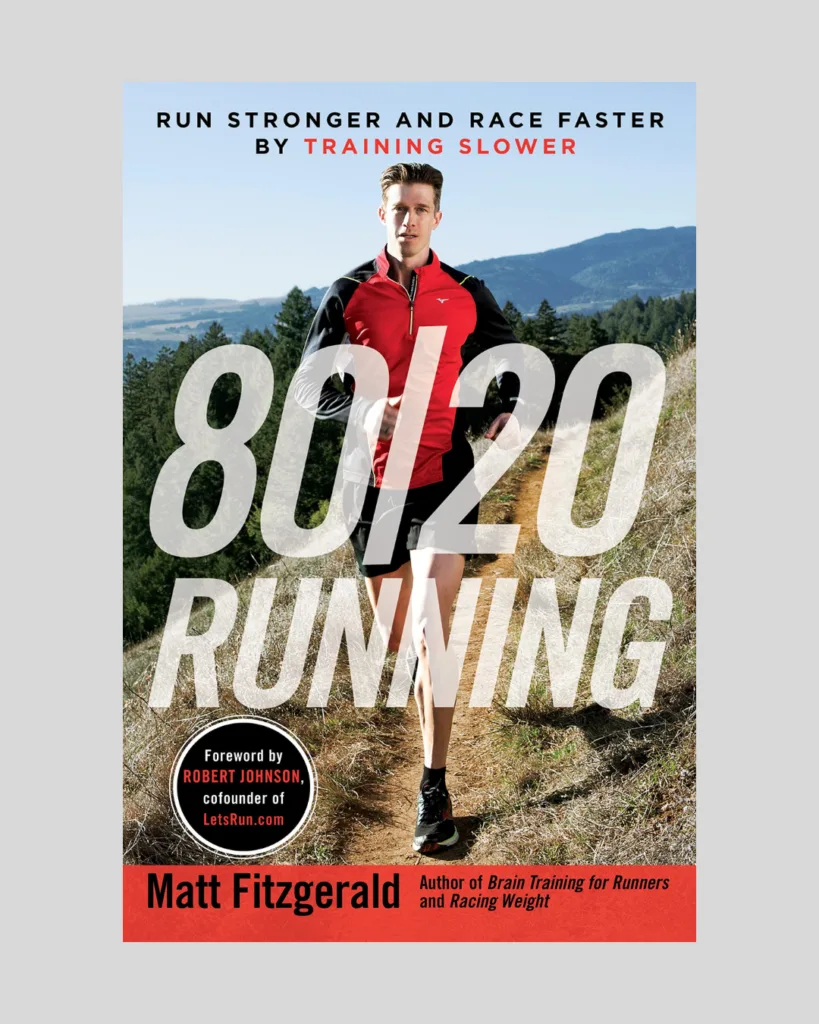
The second book from Matt Fitzgerald on this list, but this time he explains the benefits of the 80/20 running programme.
This is when you do 80% of your runs at a lower intensity and just 20% at a higher intensity in order to see improvements in your performance.
Through the 80/20 method, Fitzgerald argues that running is more enjoyable, far more sustainable and effective.
The 80/20 training approach can be used by runners of all levels – from beginner to elite.
Fitzgerald also explains how the approach can benefit you, whether you’re training for a 5k or marathon.
Anyone that wants to run faster and avoid injury should look no further than this book. It is essential reading!
Related: How to slow yourself down when running
#7 119 Days to Go: How to train for and smash your first marathon by Chris Evans
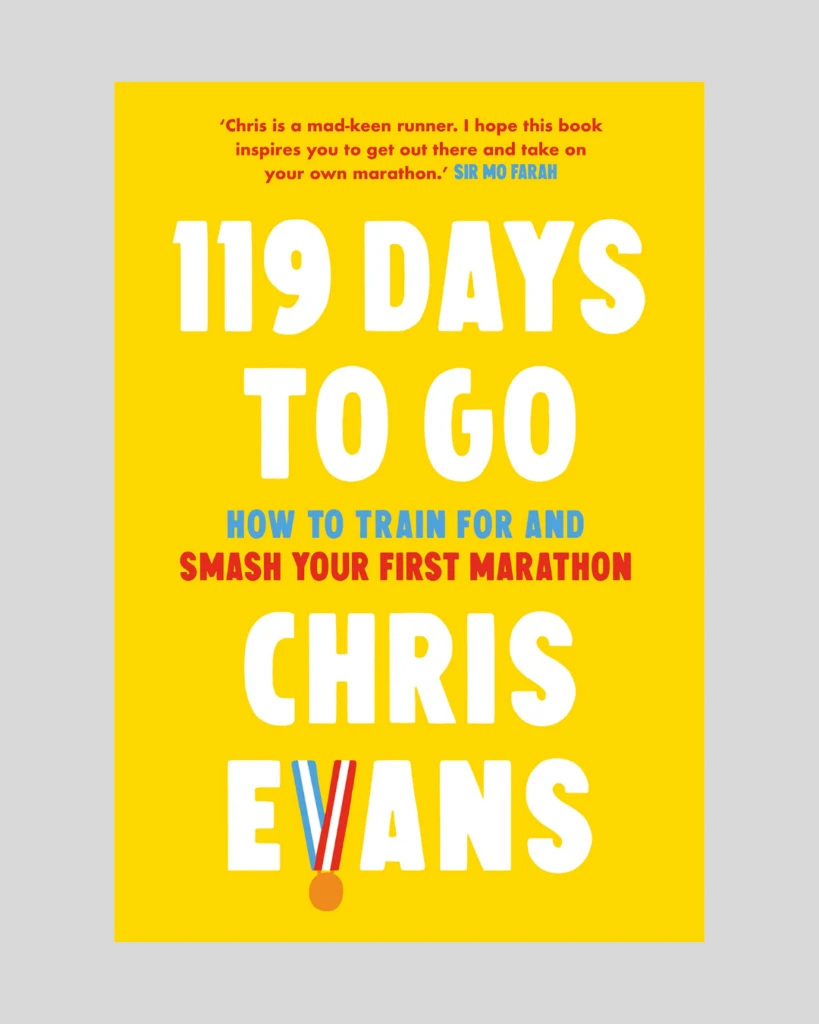
This book from British radio DJ Chris Evans is more of a journal with tips, tricks and lessons when it comes to training for your first marathon.
Evans shares a step by step walkthrough of how to train for your first marathon which novice runners will appreciate.
He shares his own thoughts on marathon training in his daily journal submissions which are funny yet thoughtful.
It also introduces basic concepts like the importance of strength training and cross training, without going too much into the science behind these.
It’s a good read for anyone who is completely new to running and looking to run their first marathon.
Related: First half marathon tips: 11 things I wish I’d known before running my first half marathon
#8 Training Essentials for Ultrarunning by Jason Koop
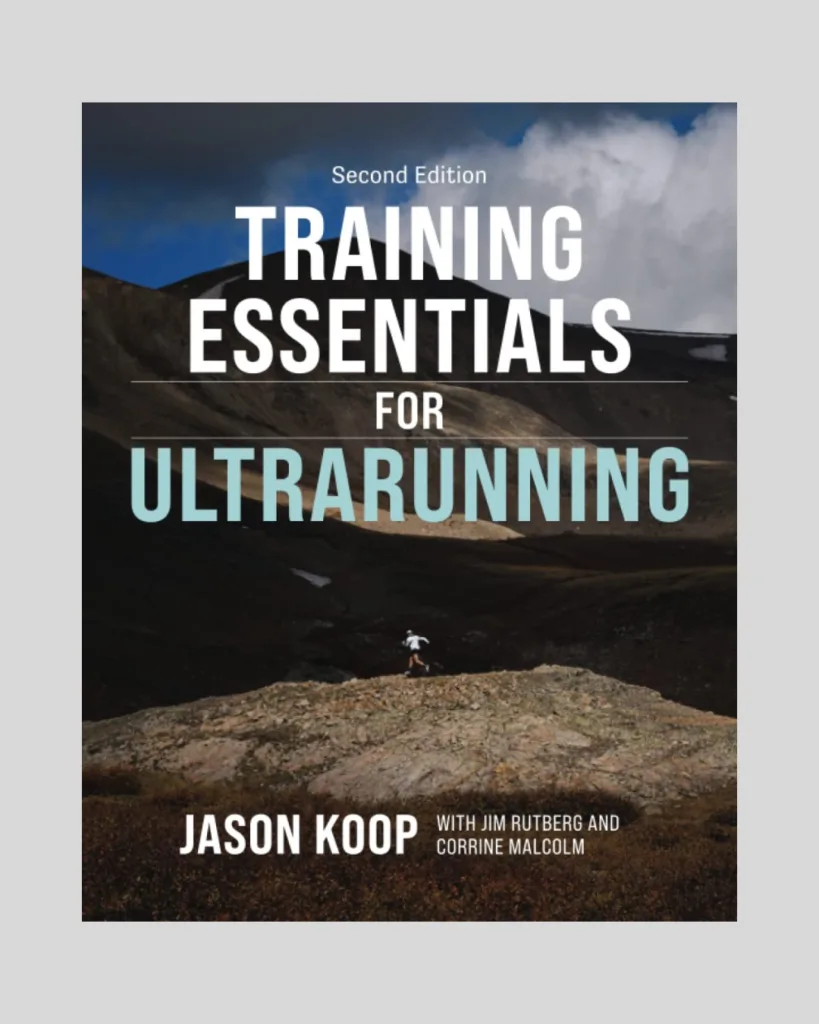
Considered the benchmark for ultramarathon running, Training Essentials takes Jason Koop’s proven and evidence-based methodologies honed over 20 years of professional coaching.
The book is for beginner and experienced ultramarathon runners alike.
It looks at everything from how to train for the mountains to protocols for training and racing in hot weather and high altitude climates.
This book will help you navigate what is considered a fairly niche side of running.
Related: 12 trail running tips for beginners
- 5 things I wish I’d known before returning to running - March 3, 2024
- Running 20 minutes a day: Benefits + how to start - January 27, 2024
- How to run your first 2 hour half marathon - January 16, 2024
